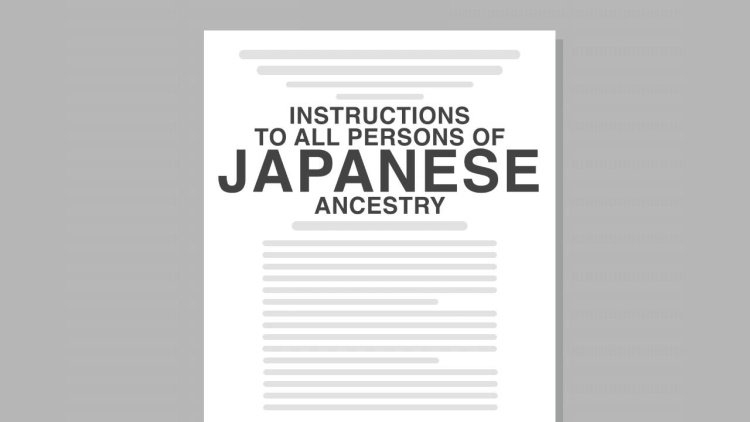Korematsu v. United States
United States Supreme Court
323 U.S. 214 (1944)
- Written by Jamie Milne, JD
Facts
While the United States was at war with Japan during World War II, an executive order was issued stating that success in the war effort required protection against espionage and sabotage related to national-defense materials and premises. Pursuant to that executive order, an army commander issued Civilian Exclusion Order No. 34 (the exclusion order), which excluded all persons of Japanese ancestry from San Leandro, California, a military area. Korematsu (defendant), an American citizen with Japanese ancestry, defied the order by remaining in his home within the military area. Although nothing suggested that Korematsu was disloyal to the United States, Korematsu was charged under a federal statute that criminalized remaining in a military area in defiance of an exclusion order. Korematsu argued that the exclusion order was an unconstitutional restriction of civil liberties. The district court convicted Korematsu, and the court of appeals affirmed. On appeal to the United States Supreme Court, Korematsu argued that the exclusion order needed to be considered in conjunction with Civilian Restrictive Order No. 1, which provided for the detention of those impacted by the exclusion order in relocation camps to facilitate orderly evacuation and resettlement. Korematsu argued a person’s forced evacuation and detention based on ancestry alone were unconstitutional. The Supreme Court granted certiorari.
Rule of Law
Issue
Holding and Reasoning (Black, J.)
Concurrence (Frankfurter, J.)
Dissent (Roberts, J.)
Dissent (Murphy, J.)
Dissent (Jackson, J.)
What to do next…
Here's why 906,000 law students have relied on our case briefs:
- Written by law professors and practitioners, not other law students. 47,100 briefs, keyed to 995 casebooks. Top-notch customer support.
- The right amount of information, includes the facts, issues, rule of law, holding and reasoning, and any concurrences and dissents.
- Access in your classes, works on your mobile and tablet. Massive library of related video lessons and high quality multiple-choice questions.
- Easy to use, uniform format for every case brief. Written in plain English, not in legalese. Our briefs summarize and simplify; they don’t just repeat the court’s language.





